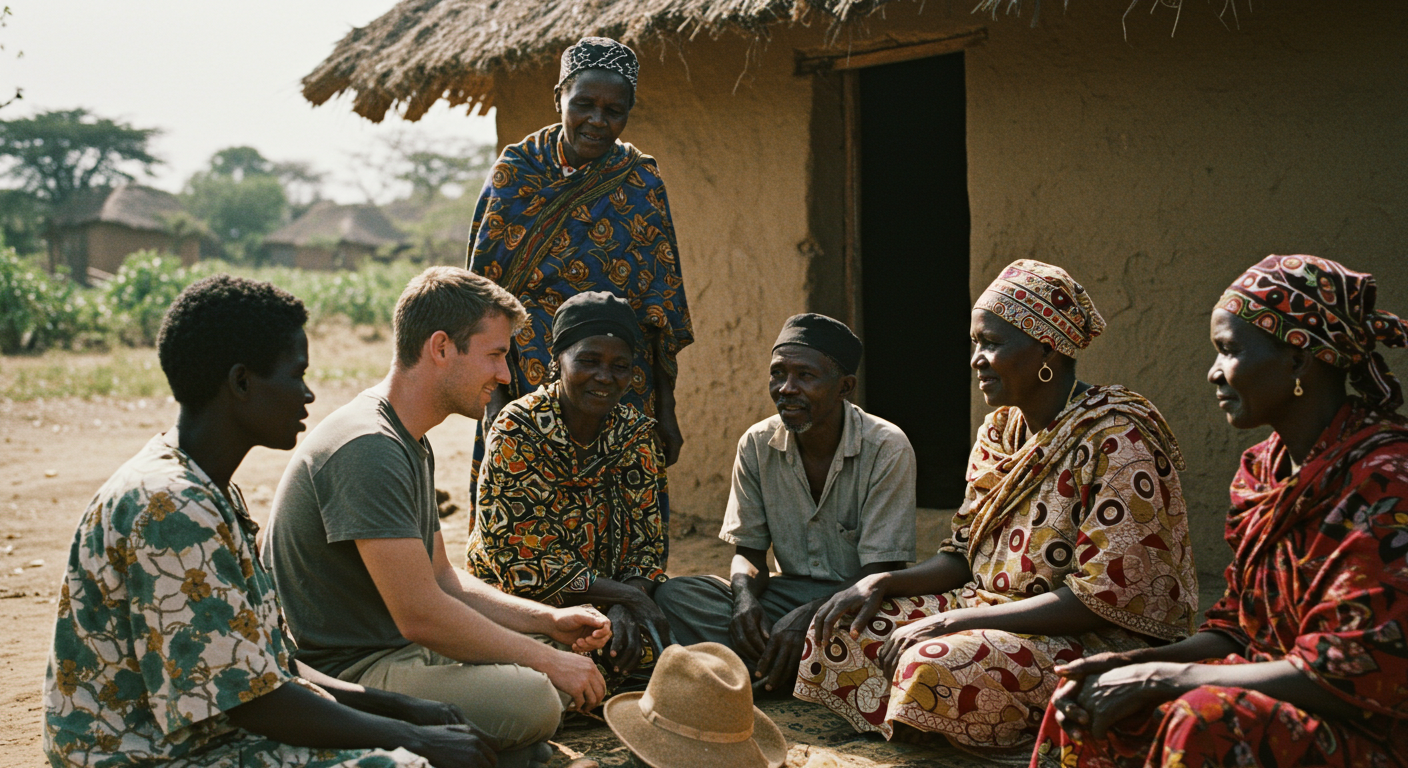In many African cultures, elders are the gatekeepers of knowledge, tradition, and healing. Their role in maintaining communal mental health cannot be overstated. Unlike clinical therapy, which is individualistic, African approaches to mental wellness are often collective, story-based, and rooted in lived experience.
1. Storytelling as Healing
Elders use storytelling not only to educate but to heal. Through proverbs, folktales, and personal narratives, they provide guidance and insight into life’s challenges. These stories often carry moral lessons that validate struggles and encourage resilience.
“When the roots of a tree begin to decay, it spreads death to the branches.” – Yoruba Proverb
Used to explain unresolved emotional wounds, this saying reminds one of the need to address trauma from the ground up.
2. Communal Listening and Counsel
Rather than seeking help in isolation, individuals are often supported through family or community gatherings. Elders play a central role in these forums, offering wisdom, perspective, and encouragement drawn from their own journeys.
3. Rites of Passage and Mental Clarity
Initiation ceremonies and rites of passage—often led by elders—mark transitions like adolescence, marriage, or grief. These rituals bring closure, provide direction, and protect mental health during life’s changes. They remind the individual that they are part of something greater.
4. Herbal and Spiritual Guidance
Elders often serve as herbalists or spiritual advisors, offering remedies that support not only the body but the mind and spirit. Plants like bitter leaf, neem, or cassia are used for detoxifying both physical ailments and emotional burdens.
5. Emphasis on Balance and Moderation
Elders frequently preach moderation, patience, and interconnectedness. Their calm demeanor and slow, deliberate way of life set an example of emotional regulation and mindfulness.
In today’s fast-paced world, tapping into the wisdom of African elders offers a counterbalance to anxiety, isolation, and stress. Their voices remind us that healing is not just about the mind—it’s about community, heritage, and harmony.



